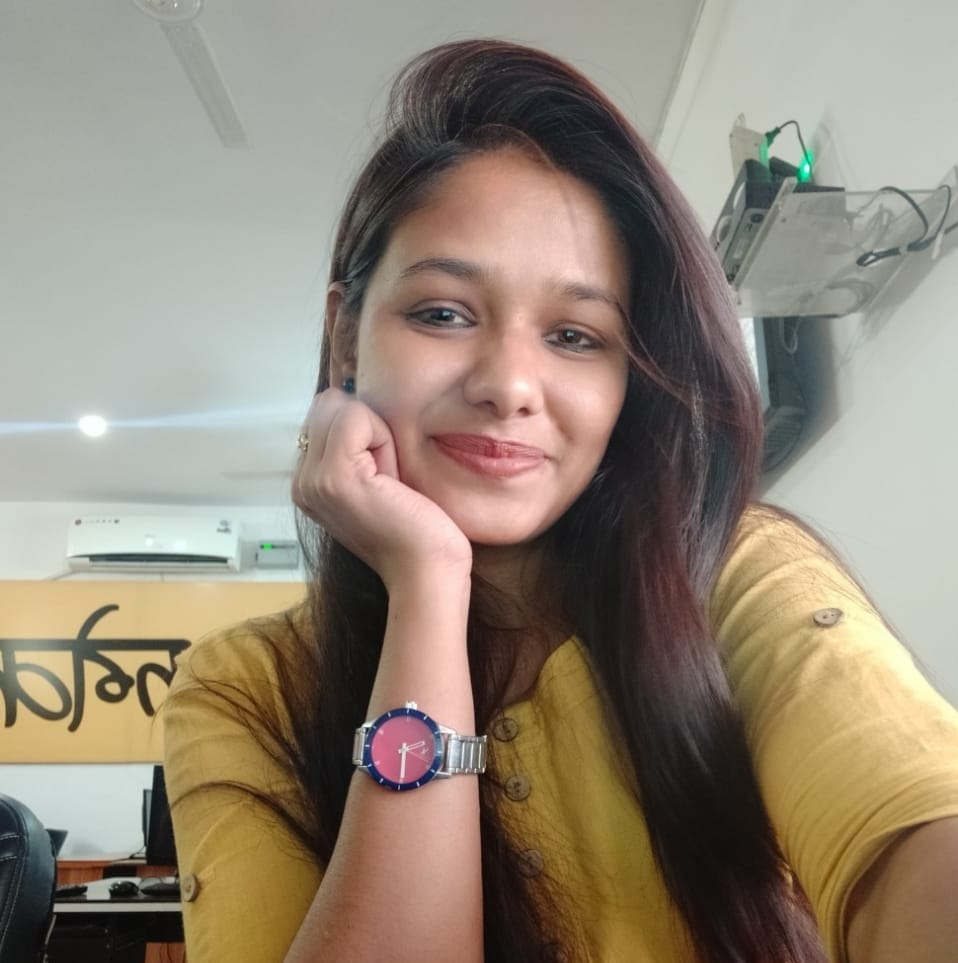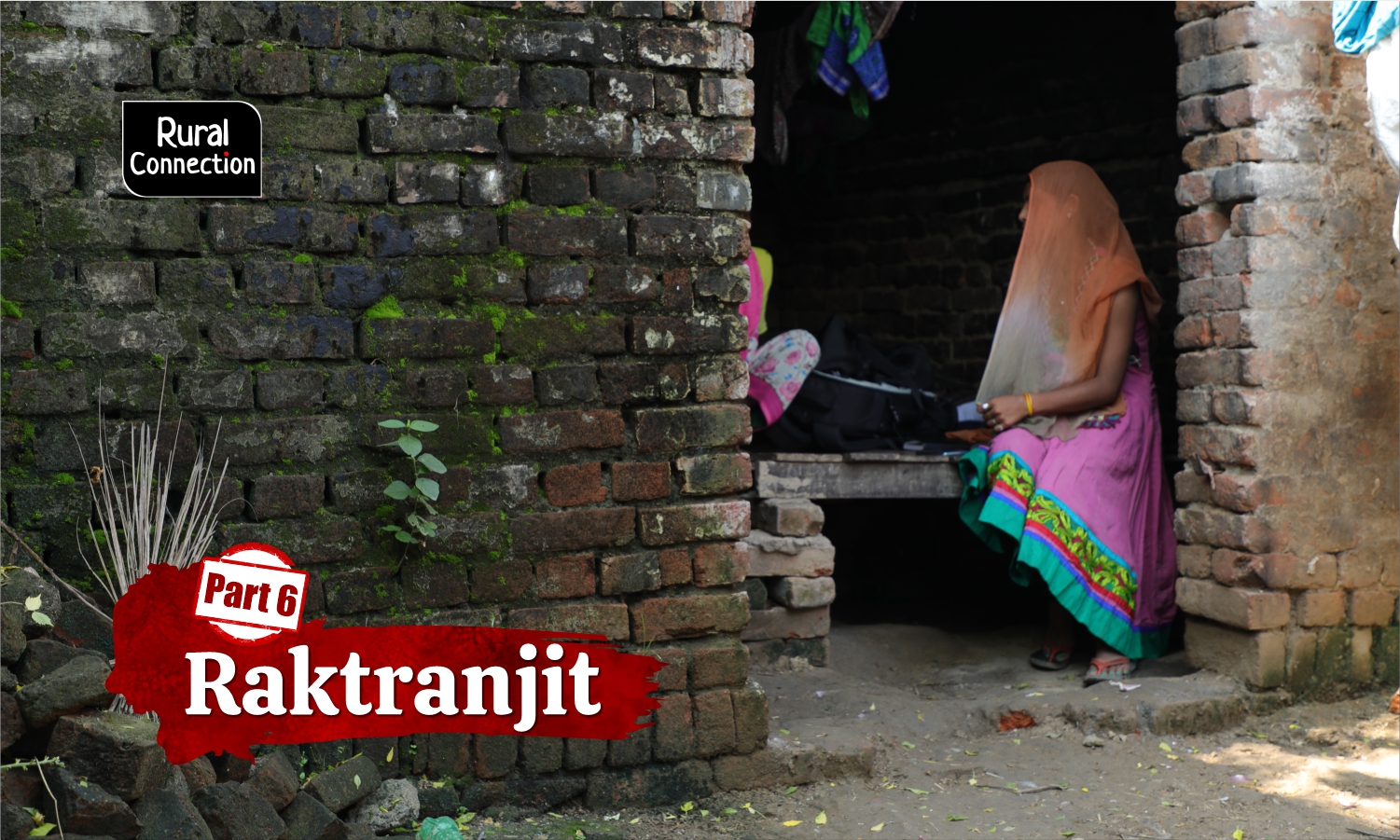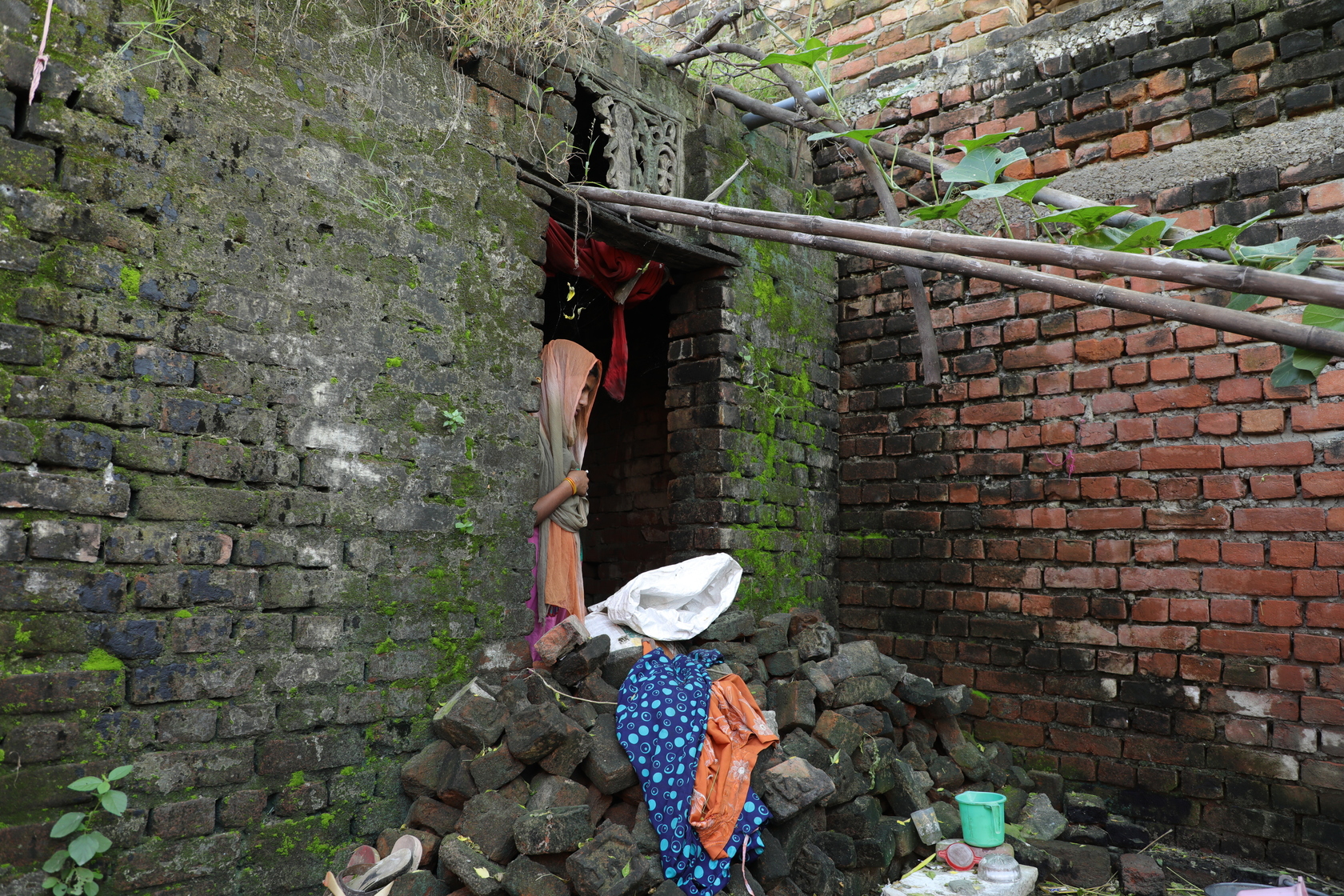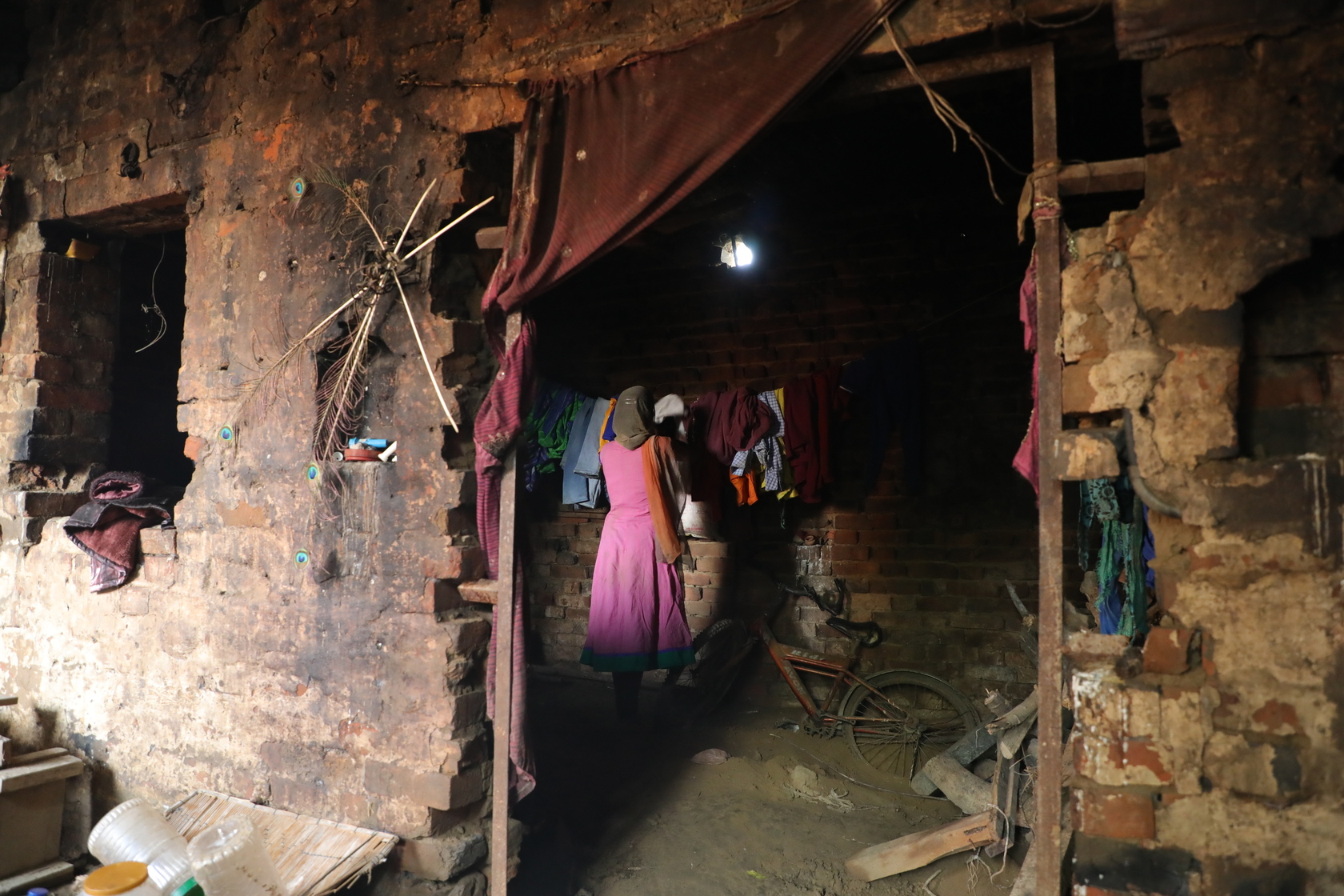“The real difference will be felt only when there is an increase in the number of convictions”
The recently amended laws dealing with rape and sexual crimes do play a deterrent role, but the time taken for the legal-justice system to act is so much that they end up benefiting the accused


While the Nirbhaya, Kathua, Mandsaur and many other rape cases grabbed headlines, rape is a reality that half of our population lives with every day. The fear of a rapist lurking in the fields, on the way to school, when they go to relieve themselves or even in their own homes is omnipresent for women and girls in rural India. Rural Connection launched a campaign to highlight these cases – which failed to become headlines or hashtags – and in doing so, bring out the larger issues raised by so many individual cases. Join us in our campaign, Raktranjit – Bloodstains
For 14-year-old Rama, getting raped by her neighbour was just the beginning of her ordeal. What she had to undergo at the police station and the now in the on-going court hearing is almost as if she is being raped again and again. Our recently amended laws dealing with rape and sexual crimes do play a deterrent role, but the time taken for the legal-justice system to act is so much that they end up benefitting the accused. In most cases, the legal adage – justice delayed is justice denied – stands true.
The first major hurdle that a rape victim has to cross is getting her complaint registered. According to POCSO (Protection of Children from Sexual Offences), a time period and a procedure has been prescribed within which the medical examination of the victim has to be done. Yet, in most cases, this does not happen.
Rama, for instance, has suffered because of this. Instead of immediately getting her medical examination done by a lady doctor, there was a delay. Her mother told Rural Connection, “They registered the FIR but there was a delay in getting her medical examination done and even in taking her statement. The case has been going on for over two years now – while POCSO cases are supposed to be tried within one year by a special court. This delay in justice is also costing us so much money.”

“The government is bringing in amendments in the law, making the laws more stringent. But the ground reality is not good. The biggest problem is that when a case does come to the police, it is not registered according to the appropriate section,” says Anil Kumar, who educates students about the legal system. Over the past year, he has been working in association with the UNICEF and Dr Ram Manohar Lohia National Law University to raise awareness about legal processes among school and college students.
Post the Kathua and Unnao rape cases, POCSO was amended and now those convicted of raping anyone below 12 years of age can be sentenced to death and in cases where the age is less than 16, the quantum of punishment has been raised from 10 years rigorous imprisonment to 20 years rigorous imprisonment. Further amendments have laid down the provision of fast-track courts to expedite the hearings and reduce pendency. The amendments also state that special forensic kits should be available at the police station and hospitals to ensure that there is no delay in the medical examination of the victim.
Executive director of the Association for Advocacy and Legal (AALI) Renu Mishra, however, points out, “Increasing the quantum of punishment is not enough. The real difference will be felt only when there is an increase in the number of convictions. The record of convictions in POCSO cases is very low. In Uttar Pradesh, we have seen convictions in only 29% of POCSO cases. It is no better at the national level where this percentage is only 28.”
“Despite strong laws, justice for rape victims is delayed and evidence is tampered,” says Anil Kumar. He adds, “The first thing an Investigating Officer has to do is get the victim’s medical examination done. In fact, under POCSO, he has the freedom to get the medical examination done even before the FIR is filed. Yet, in most cases, the medical examination is done even 25 to 30 days after the first report. By then all the forensic evidence is lost. Forget the police officers, even the medical examiners are unaware of these provisions of POCSO. If all the three wings of the system – the police, the doctors and the courts – work in a systematic manner, there is no reason why justice should be delayed.”

Breakthrough is an organization that is working to create awareness about rape and the laws related to sexual crimes. They are seeking that these issues should be included in the syllabus. They are also working to educate the police and doctors about the same. The CEO of Breakthrough, Sohini Bhattacharya, says, “Even today, the social stigma is such that people in rural areas try to hide the incidents. They also do not have any faith in the legal-justice system. It is imperative that they are made aware of the legal provisions.”
Despite the amendments in POCSO, there are often procedural lapses, points out Anil Kumar. He says, “The court proceedings are supposed to be in-camera in the presence of the child’s guardians. Often this does not happen.”
Officials are often found wanting in ensuring that the systemic changes made for helping the victims are implemented. Information regarding the various schemes or compensations offered does not reach the responsible officials. The Uttar Pradesh government has the Rani Lakshmi Bai Fund to provide economic assistance to victims. But most people who can benefit from it are unaware of its existence. There is a provision for financial aid under POCSO as well. But often it does not reach the victim because the police have failed to register the case under the appropriate sections.
“Once the case under POCSO has been registered and uploaded on the portal by the police or doctor, the victim becomes eligible for compensation. The compensation amount depends on the sections under which the case is filed. The victim can claim the compensation when she becomes a major,” informs Archana Singh, in-charge of the Asha Jyoti Kendra in Lucknow. She says that there is a need to ensure that proceedings that should be completed in 90 days often take up to six months. “This should be rectified and it should also be ensured that keeping the sensitivity of these cases in mind, they are heard in-camera,” she adds.
Jai Prakash Sagar, Secretary, Women and Child Development, Uttar Pradesh, says, “In the year 2017, we have spent Rs 65 crore in helping rape victims. We have committees at the district level which consist of the DM, SP, CMO and a legal officer. They disburse the money.”
Read Part One here
Read Part Two here
Read Part Three here
Read Part Four here
Read Part Five here

